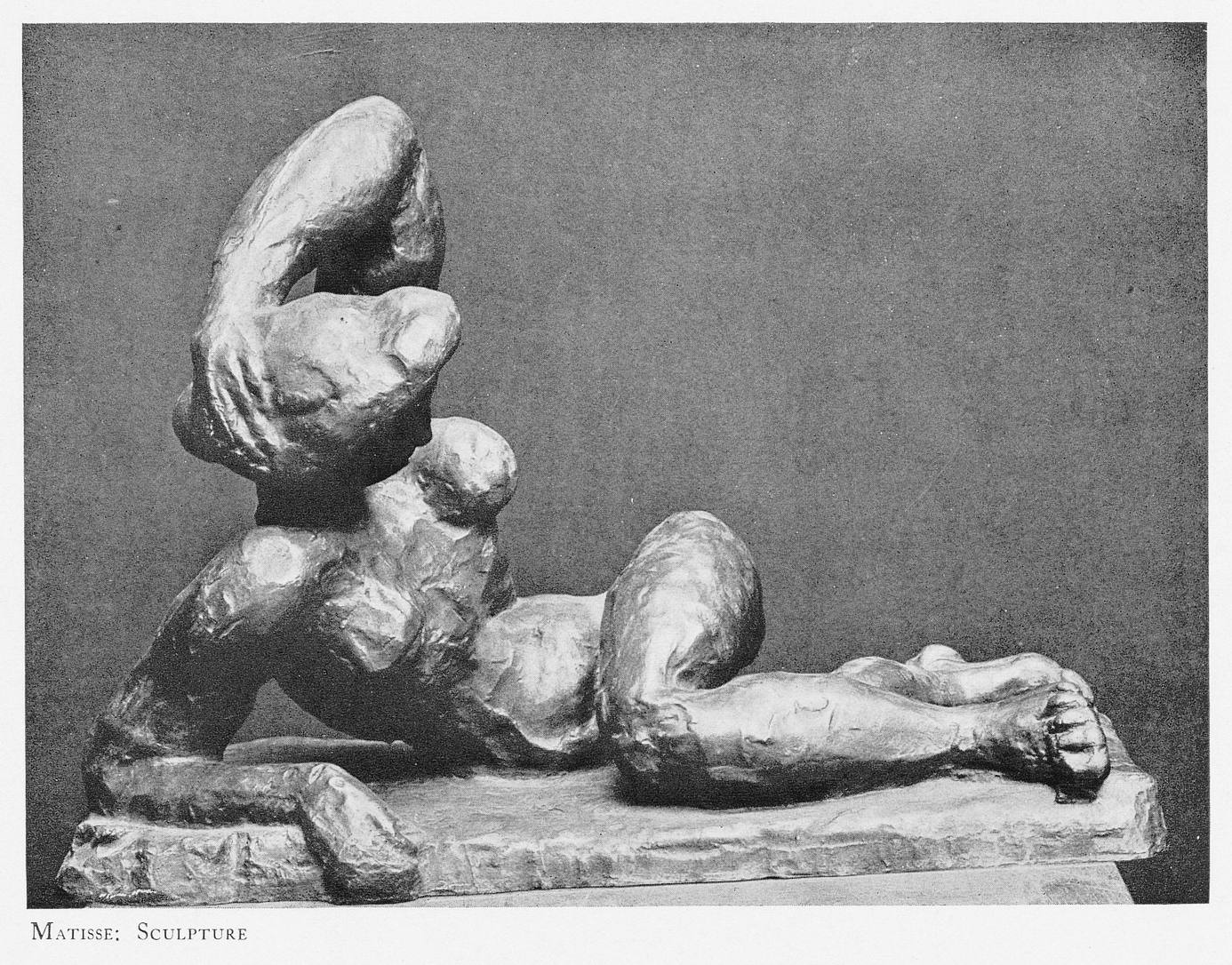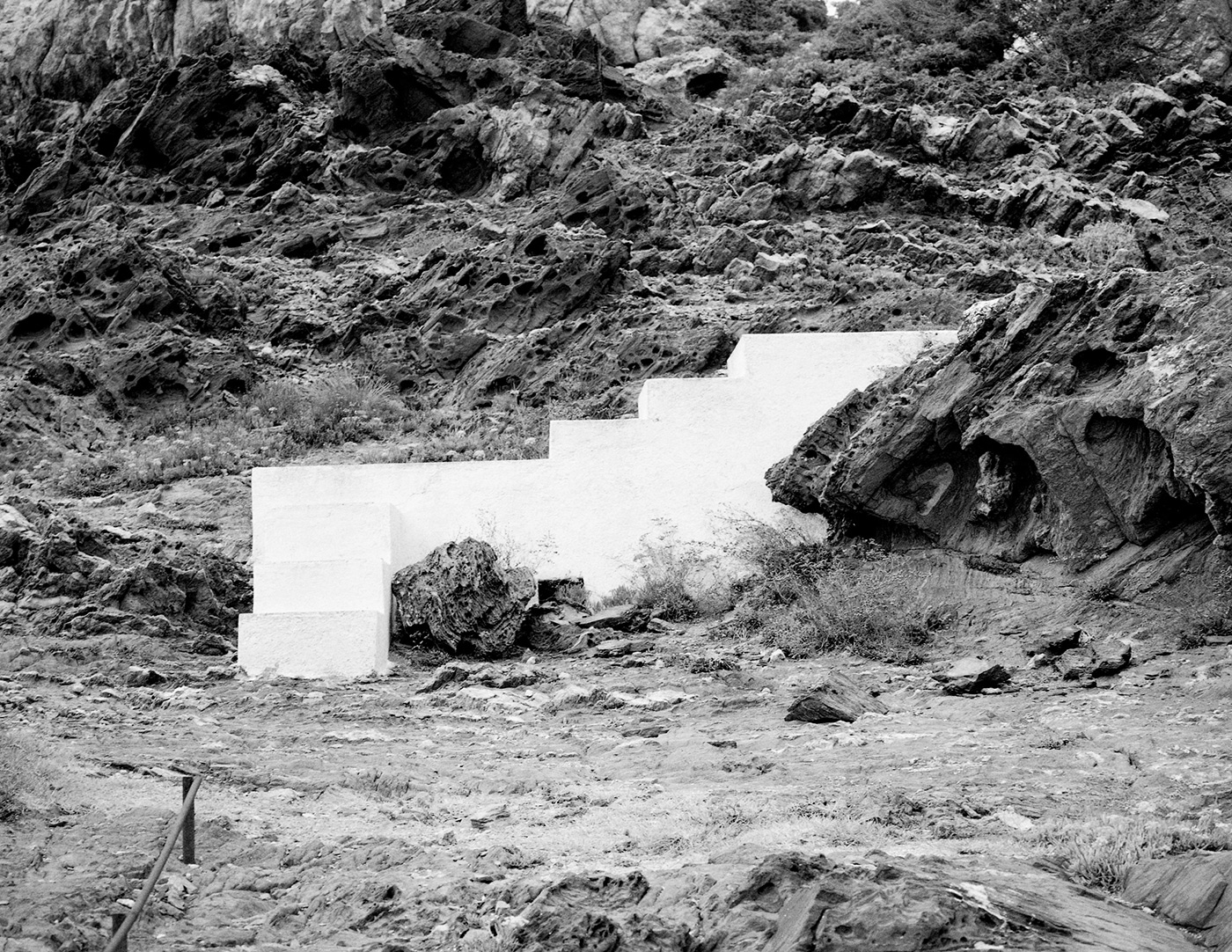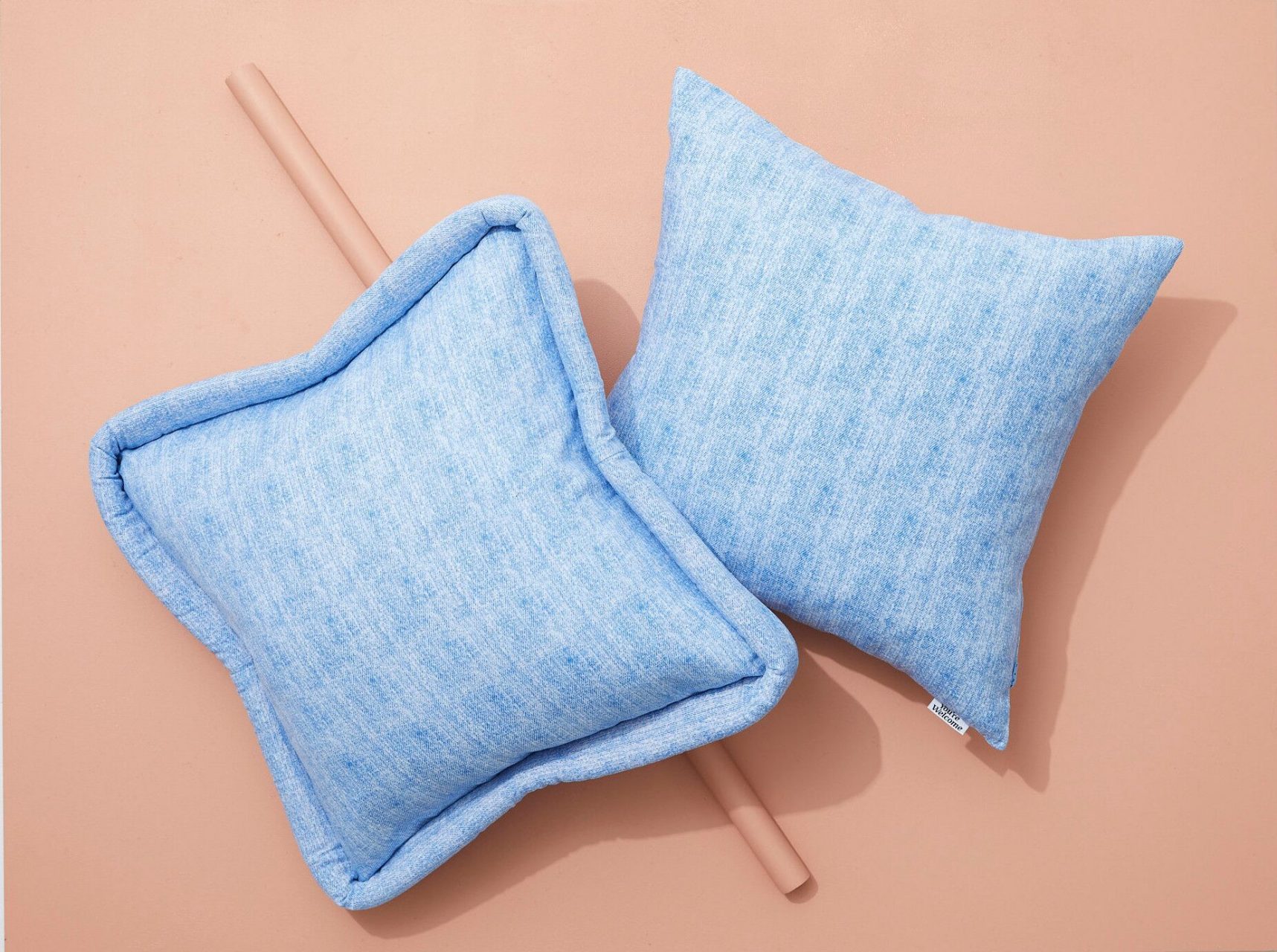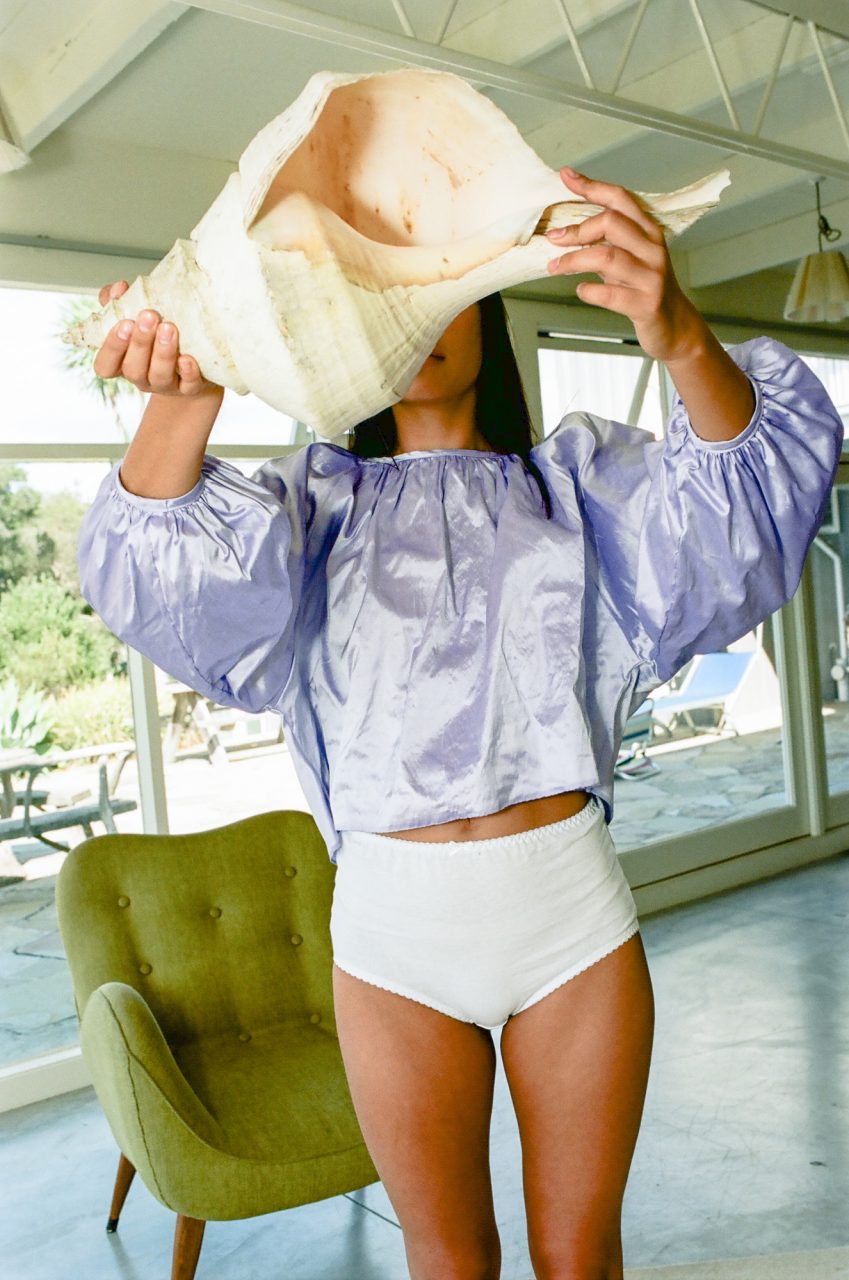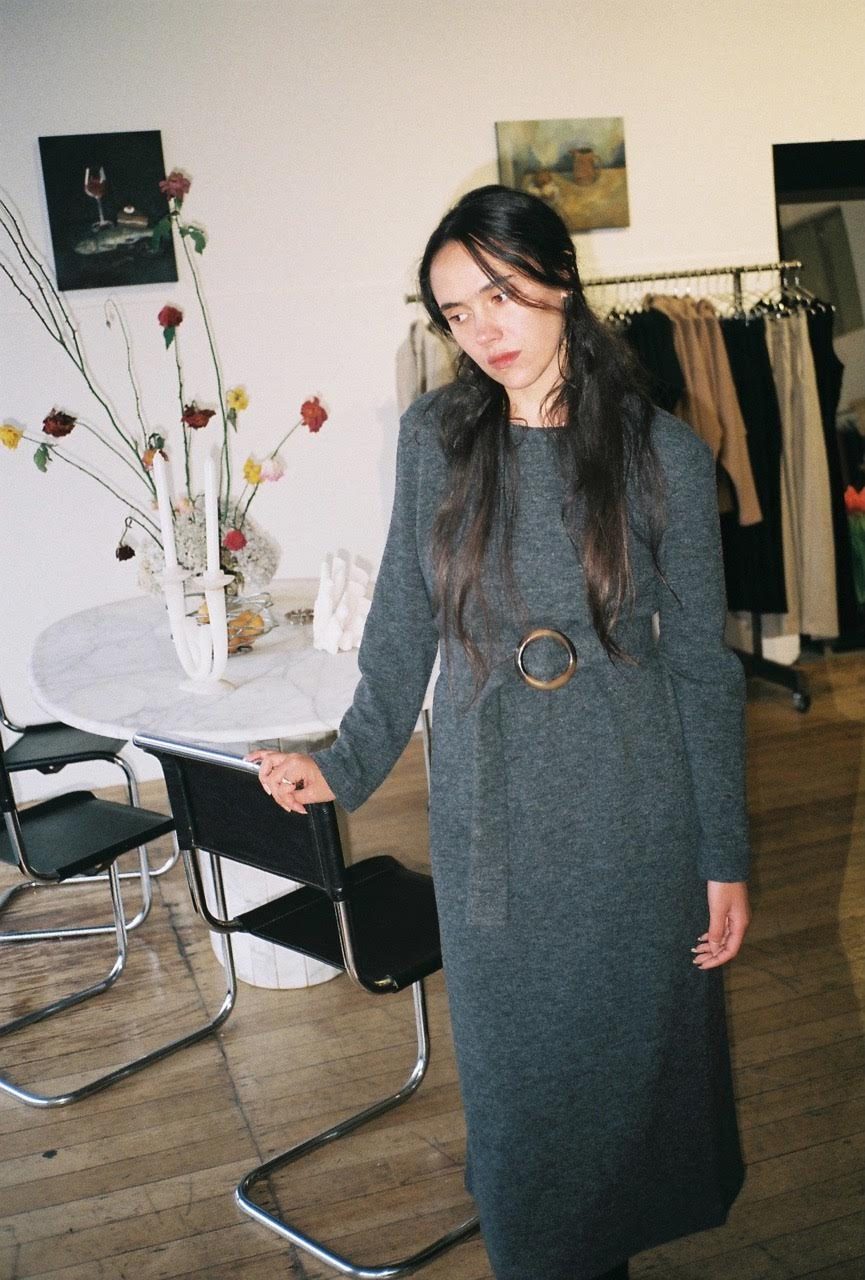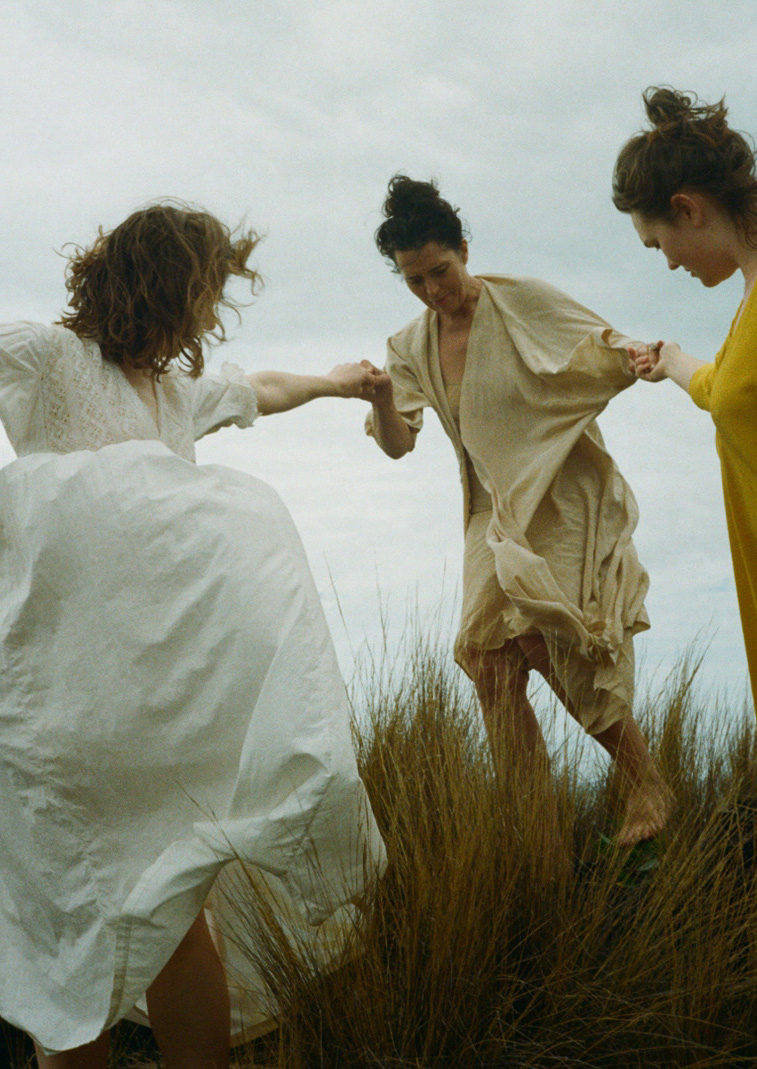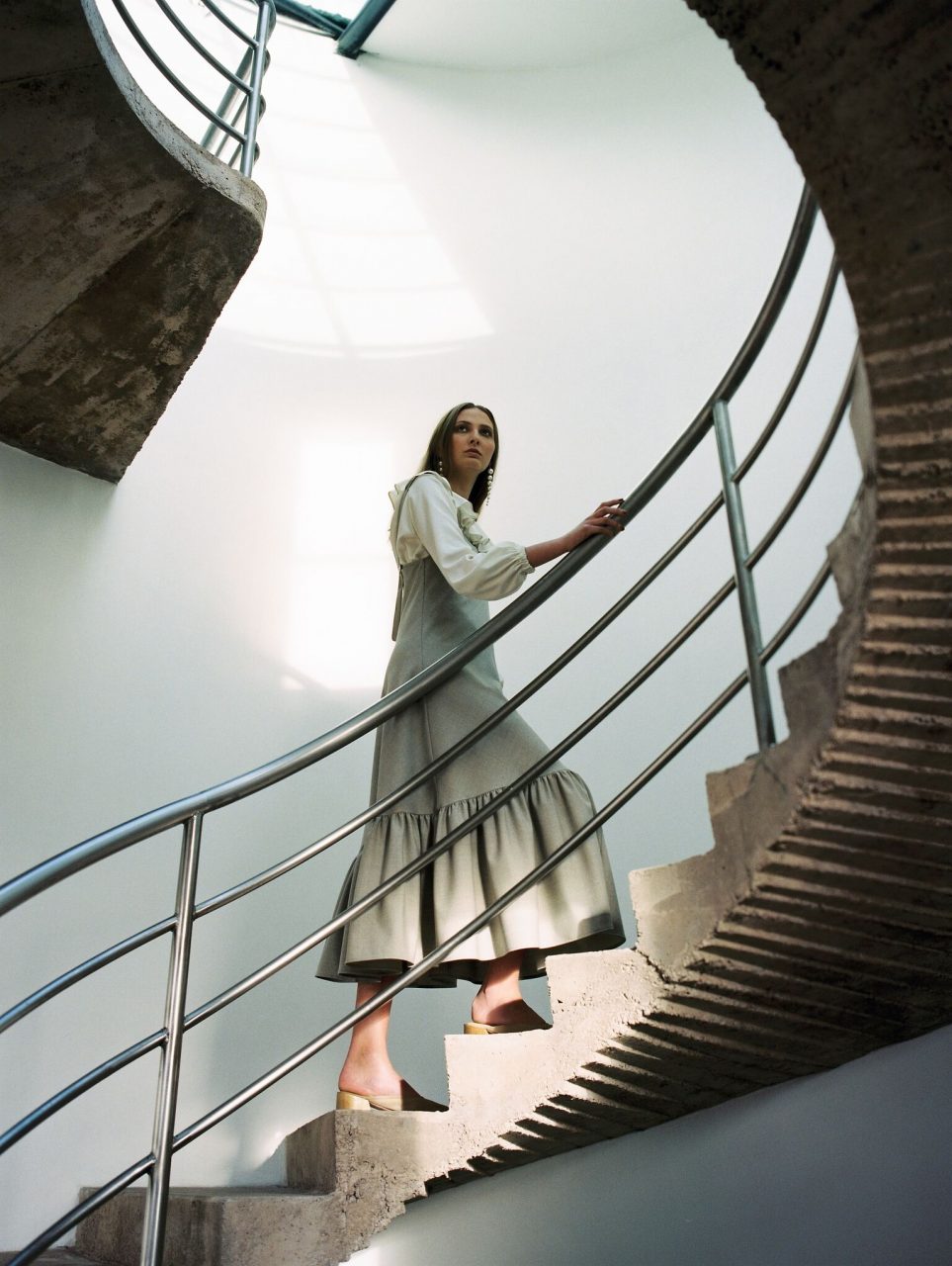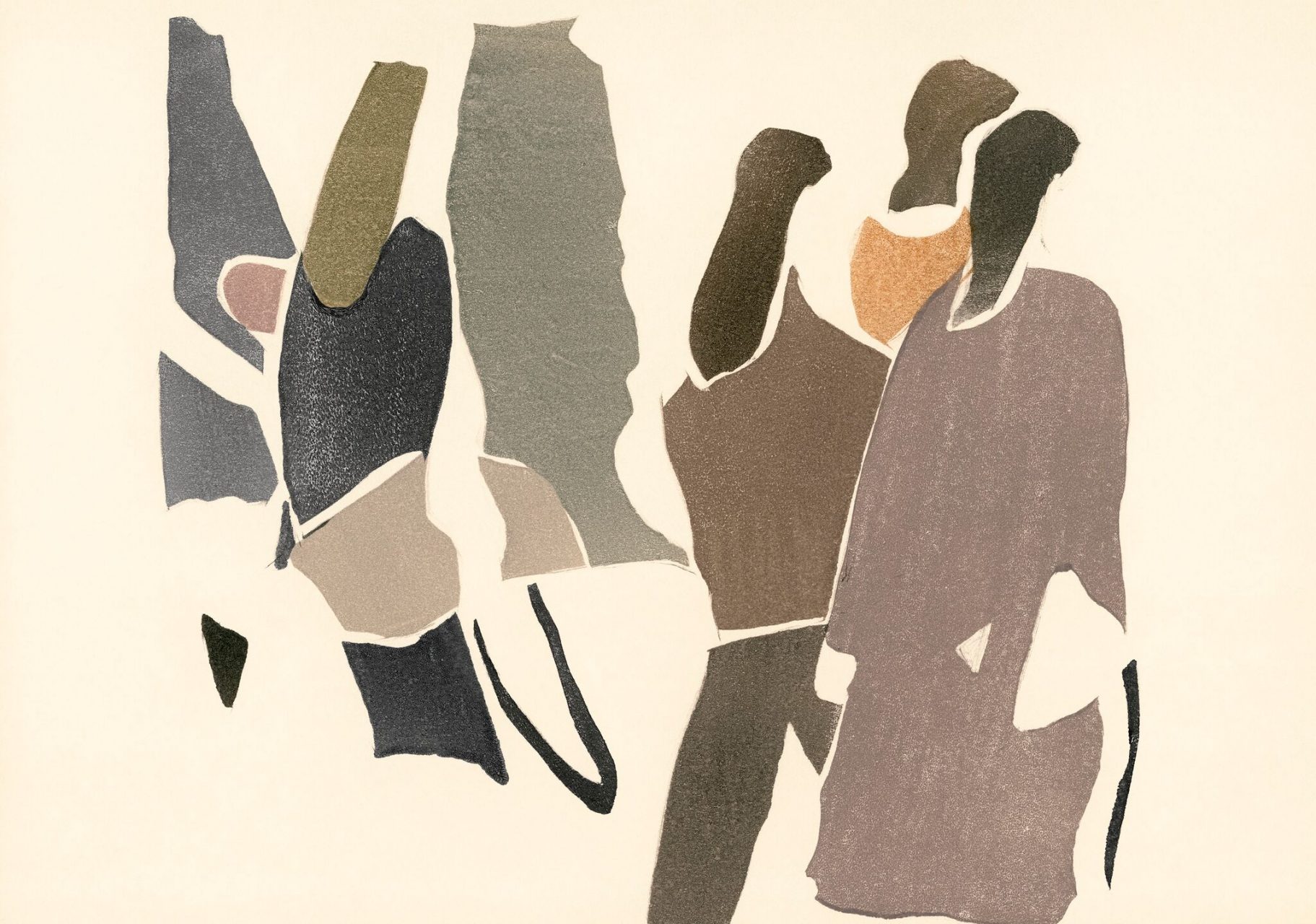A powerful conversation starter from my friend and collaborator Emma Gleason…
Guilt and the female body
I feel guilt more than I care to admit, tied forever to my body and mind; the female experience is defined it. A trojan horse of outside influence and expectation that attacks from within, guilt is felt in the brain, the heart and the gut. Guilt is selfish and indulgent, yet blistering in its self-loathing nature, with every flaw and every failure (real or imagined) rendered in vivid, inescapable clarity. We wallow in guilt, in its simultaneous cause and effect of the choices we make – a betrayal of self, of one’s own ideals, and of societal standards.
It is the latter that allows (insists?) guilt cloak the female identity and experience. Clichés are shaped by inherent guilt; the bad mother; the loose woman; the crazy shrew. The concept of womanhood is shaped, willingly or not, by self control – health and diet, career and manners, sexuality and emotions. Nature necessitates balance, and control can not exist without weakness – framed by the spectre of failure and, of course, guilt. We’re painted as, and encouraged to be, the shallower sex; the female preoccupation with fashion, beauty and vanity being both an expectation and a flaw.
Vanity is a paradox; an expectation to have pride in one’s appearance and interest in being pleasing and socially acceptable, yet one ingrained with the inherent shame associated with being intrigued, proud or pleased by your own appearance. Vanity is a trait seen as entwined with the weaker, shallower sex – then on the other end of the spectrum, the failure “letting yourself go” and all the projected shame that entails. Both vanity and renunciation are laden with guilt.
More than any other arena, my body has been where guilt has played out. Our bodies are an intimate narrative, a lived experience – intensely personal, yet on display for the world to see. Both common sense and higher thinking plea for us not to be defined by our body, yet how can we not, when it is the most intimate relationship we have, and one that unfolds throughout the course of your life.
Happiness is worn on my body. As with tanned skin during summer, breasts swell from contentment and jeans get tighter. Life is full, and so is everything in it it. Dressing has become an emotionally fraught game of roulette, discarding once-beloved clothes and reaching hopefully for others. I’ve found a new, grateful appreciation for A-line skirts – with their nostalgic, practical (forgiving) femininity. Underwear has been bought, out of both necessity and joy.
I used to be thin. These waxing and waning times of lighter weight were always tied to a heavier soul, hand in hand with stress or heartbreak – or self indulgent periods of restriction and loathing that now seem like a half-forgotten fever dream. Meals to be taken alone were instead not taken at all. I lived on coffee.
Finally acknowledging some responsibility to myself, this year has seen decisive change and a sense of normalcy. I walk nearly everywhere, due to a shift closer to the city centre, and walking as a form of transport rather than exercise has been a revelation to my peace of mind. I now bring my lunch to work for the first time in my whole adult life; a conscious decision on my part to embrace change and the empowerment of balance and responsibility to myself. I’m ashamed to say it’s taken me until the age of twenty-eight to do so; preaching balance but only very recently acting on it.
I find myself intrigued and fascinated by the shifting planes of my body.
Some days I acknowledge the unease and helplessness caused by forces outside of my control – age, oestrogen, genetics. My plaintive, pathetic complaints give way to an immediate wave of guilt, as surely I should know better. After all, I can see beauty in a vast array of other bodies, and believe so passionately in inclusivity and acceptance; my insecurity is hypocrisy at best and treason to my own values and that of my gender and our shared history and future.
Other days, when negativity is like last week’s headache, the power of acceptance is liberating. Of course, that mindset is the one we communicate. It would be irresponsible to do anything but. Silently, secretly, I feel betrayed by my thoughts of size, shape and comparison around my own body.
In most circles (especially those that pride themselves on being empowered and enlightened) dieting is a dirty word, never to be uttered. It’s been replaced by more palatable euphemisms like “wellness” and “clean eating” and a veneer of effortlessness and perfection created by our increasingly digital identities. Bodies are now a lifestyle, a public platform. Bodies are for curating, editing, sharing, validation. The increasingly publicised nature of health and wellbeing, of goals. Goals, a word that’s spread across the internet and the female psyche like a rash; inherently pitting all of us against both each other and ourselves; goals cannot exist without failure.
I watch enviously as friends rise at dawn for herculean workouts and maintain not only a full time job but an abundant social life too. Doing the same however, seems beyond me; the resilient body of my early twenties is now more sensitive, easily fatigued. I feel guilt that I can’t juggle work hours, socialising with health and wellbeing as adeptly as some I know.
Or perhaps, it is that I’m now more in tune with it. Aware of its delicacies and respectful of them. Listening to it for the first time in my life. Accepting that there’s a finite amount of hours in the day; discovering the importance of those moments of stillness; prioritising wellbeing of mind and soul as much as my body. I’ve learned to listen. As recently as this morning, Francesca reminded me that we “should never do anything today that we don’t want to.”
As women, we feel expected to lean in to everything. Admitting defeat or reluctance feels like a sign of weakness. Letting myself admit and accept the simple notion that “I can’t” and “I don’t have too” feels groundbreaking, liberating.
More than anything, I feel guilty that I care, guilty that I have discomfort with my body. I see beauty in all other bodies yet, too frequently, struggle to find it in my own. My wholehearted belief in body diversity and visibility makes my self-directed negativity make me feel like a heretic.
Social norms are more diverse than ever, with inclusivity and diversity a constant dialogue; beautiful bodies of all kinds are more visible and celebrated than ever before. As it should be. Yet in the back of our minds remains, ingrained, poisonous self-criticism. Our bodies are deeply personal, and in a way removed from the public dialogue around beauty. Behind closed doors, we stand in front of mirrors, reminding ourselves that we know better than to wish for a different weight or shape; we are smarter than that. Aren’t we? And what of the inevitable daughters and sons we raise and how they see the female form?
The female body as a political object. It wields power, as do the choices we make surrounding it.
With the thankfully shifting and evolving standards of beauty, we need to take pause and ensure our own acceptance is bestowed on our own bodies too – rejecting dissatisfaction, transcending the familiarity of guilt, and instead confronting our own physicality, relishing in every change and shift of it and the narrative of our bodies.
—
Read full article with quotes at thoughts-on.net
Thank you Emma x

